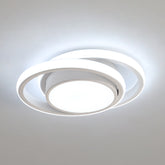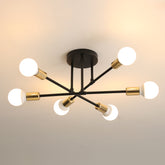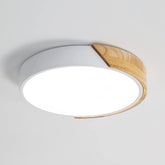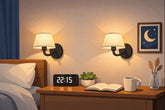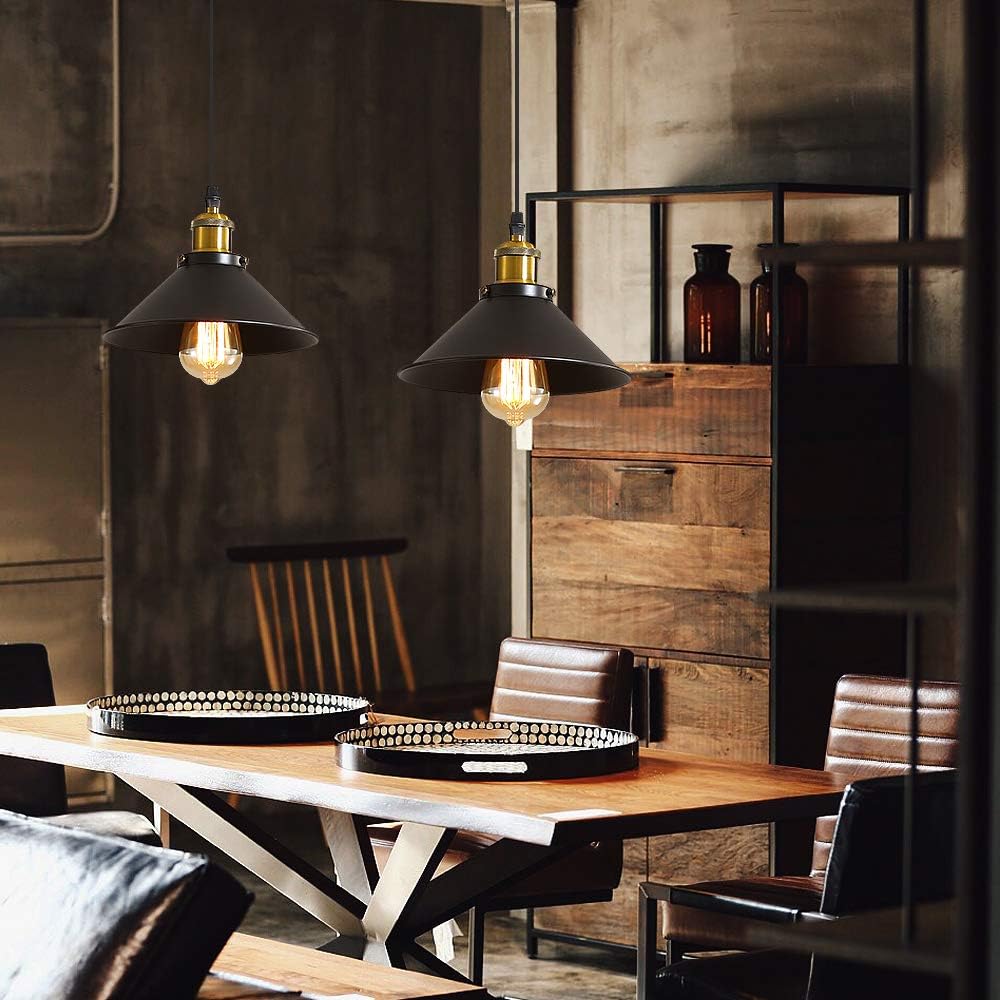Is IP68 Really Necessary for Kitchen Ceiling Lights? The Truth About Waterproof Ratings
When choosing a kitchen ceiling light, the term IP rating often comes up. But is IP68 really a must-have for kitchens? Not quite. Blindly chasing the highest waterproof rating can lead to unnecessary costs — and you might end up neglecting more important factors such as brightness, design, and ease of cleaning.
First, what does IP68 actually mean?
The IP (Ingress Protection) rating is made up of two digits: the first represents dust protection, and the second represents water resistance. The higher each number, the better the protection level.
- First digit: 6 (dustproof) — total protection against dust. Even in kitchens with flour, grease, or fine particles, nothing can get inside the lamp housing.
- Second digit: 8 (waterproof under immersion) — means the fixture can withstand being submerged in water, usually up to 1 meter deep for 30 minutes or more. That’s essentially underwater-grade protection.
So, an IP68 light is both completely dust-tight and submersible. Impressive — but does your kitchen really need that?
The real challenges for kitchen lighting
In a kitchen, the threats to lighting aren’t full immersion in water, but rather:
- Steam from cooking,
- Occasional water splashes around the sink or stove,
- Grease and dust particles settling on surfaces over time.
These conditions don’t require an ultra-high waterproof rating. A ceiling light with IP44 or IP54 is more than enough — resistant to splashes and dust, without the overkill (and extra cost) of IP68.
Why IP68 is overkill in a kitchen
The IP68 rating is designed for extreme conditions — such as pools, bathrooms with constant moisture, or outdoor areas exposed to heavy rain. In a kitchen, that level of protection is unnecessary and impractical. Such fixtures are often bulkier, more expensive, and harder to maintain.
Conclusion: The right IP rating matters more than the highest one
For kitchen lighting, balance is key. You want a lamp that offers enough moisture resistance while maintaining good design and light quality. A model rated IP44 to IP54 is ideal for daily use. IP68 is best reserved for extreme environments, not your cooking space.
Pro tip: Instead of chasing an ultra-high IP rating, focus on features like an easy-to-clean diffuser and a high color rendering index (CRI ≥ 80). These make a much bigger difference in your kitchen’s lighting experience.
